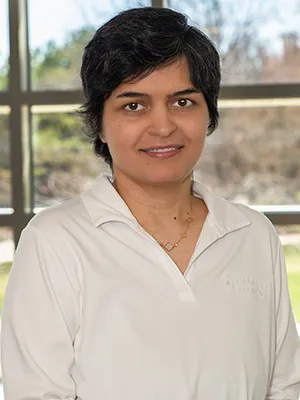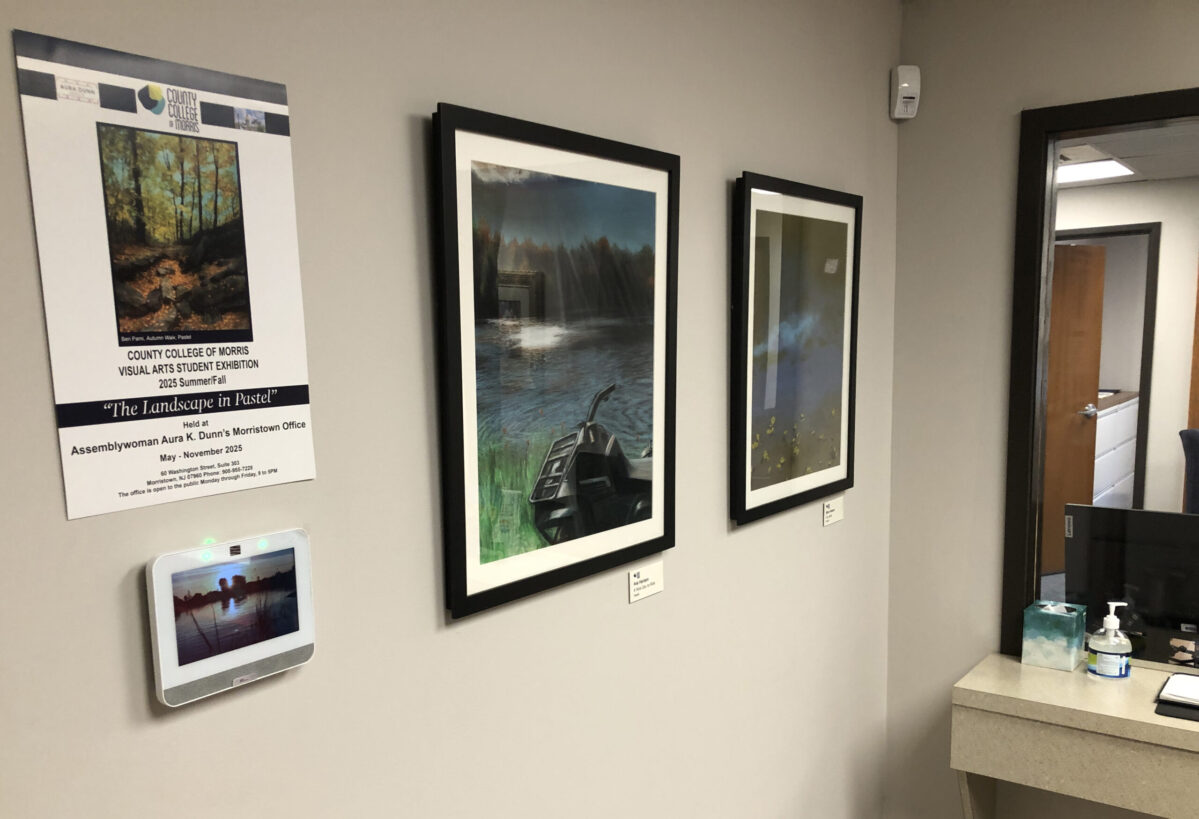What You Will Learn
Interested in learning the necessary design, production and testing of machines, tools and manufactured products? Enroll in the Associate of Applied Science (AAS) in Mechanical Engineering Technology program at CCM and be well prepared for a successful career within business and industry.
The CCM curriculum is designed to help you gain employment as a craftsperson, designer or production support specialist.
- Gain the ability to apply knowledge, techniques, skills and modern tools of mathematics, science, engineering, and technology to solve well-defined engineering problems appropriate to your discipline
- Learn from CCM faculty who are leaders and experts in their field with years of hands-on experience as working professionals
- Many of the courses contain a laboratory component with premium access on campus to modern equipment like that used in local industry to strengthen your familiarity and proficiency
Curriculum
Associate of Applied Science
The AAS in Mechanical Engineering Technology program at CCM follows industry curriculum standards featuring a 40-credit core of cutting-edge computer-aided drafting, manufacturing, materials, circuits, physics and more, plus a culminating project. It is designed to prepare you upon graduation to enter the workforce and continue learning through certifications and job experience staying at the top of your field! CCM graduates of the degree program are also ready to seamlessly transfer to NJIT or explore other four-year institutions to earn a bachelor’s degree.
Certificate of Achievement
If you are unsure about whether to enroll in a degree program or if you are a present or future professional seeking to improve your technical skills with theory and hands-on experience, consider pursuing a CCM Certificate of Achievement:
- Advanced Mechanical Analysis (13 credits)
- Assembly and Testing * (6 credits)
- Engineering Technology * (14 credits)
- Mechanical CAD Curriculum * (11/12 credits)
*It is possible to complete the certificate within a year and the courses fully transfer to an AAS degree at CCM.
Careers in the Field
An Associate of Applied Science degree in Mechanical Engineering Technology provides a solid foundation to launch a career as a:
- Computer Aided Design (CAD) Designer
- Computer Numerically Controlled (CNC) Programmer
- Engineering Technician
- Project Coordinator
- Mechanical Design Engineer
- Mechanical Drafter
- Production Team Leader
- Production Technician, Manufacturing
- Quality Assurance (QA) Technician
- Test Technician Web Developer
Your CCM degree opens doors to a wide range of job opportunities as employers value the college’s reputation and the strong foundation and adaptability you can bring to their teams. The world has a high demand for you pursusing mechanical engineering technology and the average starting salary range is $48,000 to $60,000, according to Payscale.
Why Study Mechanical Engineering at CCM?
Imagine yourself in CCM’s active learning laboratories working with equipment used in industry with your team to solve problems. Our small class sizes enable individual attention from faculty with industry experience who deliver a real-world understanding of the engineering field.
Benefits of earning a degree in Mechanical Engineering Technology at CCM:
- Flexible terms and class schedules that fit into your busy life
- Conduct standard tests, measurements and experiments to analyze and interpret results
- Design solutions for well-defined technical problems and assist with the engineering design of systems, components or processes
- Apply written, oral and graphical communication in well-defined technical and non-technical environments
- Function effectively as a member of a technical team
- Extra-curricular activities including clubs, conferences, and fun events that allow you to get to know others in your field and learn outside of the classroom
- Cooperative Education, a work-study program with local firms, as well as internship opportunities are available
- Seamless transfer to New Jersey Institute of Technology (NJIT) to pursue your bachelor’s degree
Program Educational Objectives
The program educational objectives of the Mechanical Engineering Technology program are to:
- Produce graduates who are employed and operate effectively in positions that lie between those of the skilled craftsperson and those of the graduate mechanical engineer, including such positions as mechanical designer, engineering technician, quality assurance technician, manufacturing engineering technician and technical sales.
- Produce graduates who can successfully transfer and complete a baccalaureate degree program in mechanical engineering technology.
Student Outcomes
A student in this program will have met the following outcomes at the time of their graduation:
- An ability to apply knowledge, techniques, skills and modern tools of mathematics, science, engineering, and technology to solve well-defined engineering problems appropriate to the discipline;
- An ability to design solutions for well-defined technical problems and assist with the engineering design of systems, components, or processes appropriate to the discipline;
- An ability to apply written, oral, and graphical communication in well-defined technical and non-technical environments; and an ability to identify and use appropriate technical literature
- An ability to conduct standard tests, measurements, and experiments and to analyze and interpret the results; and
- An ability to function effectively as a member of a technical team.
Paying For Your Mechanical Engineering Technology Education
Earning an associate degree in mechanical engineering technology is a powerful investment that is a springboard to both increased earnings and job satisfaction. But what is the upfront cost and how do you afford it?
There’s good news: Money is available to help you pay for school! Our Financial Aid staff can provide lots of information about the process of finding funds to help pay for your CCM education.
In addition, Glenbrook Technologies, NDIA John Amerspek, NDIA Rodney Frelinghuysen and NDIA Dean Gallo offer scholarships. Please contact the Department of Engineering Technology and Engineering Science for more information.
Featured Courses
Computer-Aided Drafting (CAD) I & II
Learn the concepts and operation of engineering drawing preparation in this lecture and laboratory in this four-credit, two-semester course. Become proficient in AutoCAD to aid in reducing drawing time and improve accuracy. Additional topics include prototype drawings, blocks, attributes, x-reference, grips, paper space and development of 3-dimensional solid modeling.
Intro to Advanced Manufacturing & CNC Programming
Learn about and develop advanced manual CNC (Computer Numerical Controlled) programs focusing mainly on operations involving three axis milling machines and two axis lathes as well as computer-assisted programs (post-processed) derived from CAD drawings. Topics include spindle controls, tool changes, linear and circular interpolation, drilling and tapping, subroutines, and G&M code plus a variety of techniques in additive manufacturing (3D Printing), EDM (Electrical Discharge Machining), and using scanners and the CMM (Coordinate Measuring Machine).
Technical Physics I & II
This two-semester, eight-credit lecture and laboratory course enables you to learn about topics such as particle kinematics, Newton’s laws, oscillatory motion, conservation of energy, heat and the gas laws, as well as electricity and magnetism, and selected topics from fluid mechanics, wave theory and optics.
Your Mechanical Engineering Faculty Advisor
Accreditation
The Mechanical Engineering Technology program is accredited by the Engineering Technology Accreditation Commission of ABET, https://www.abet.org, under the commission’s General Criteria and Program Criteria for Mechanical Engineering Technology and Similarly Named Programs.






